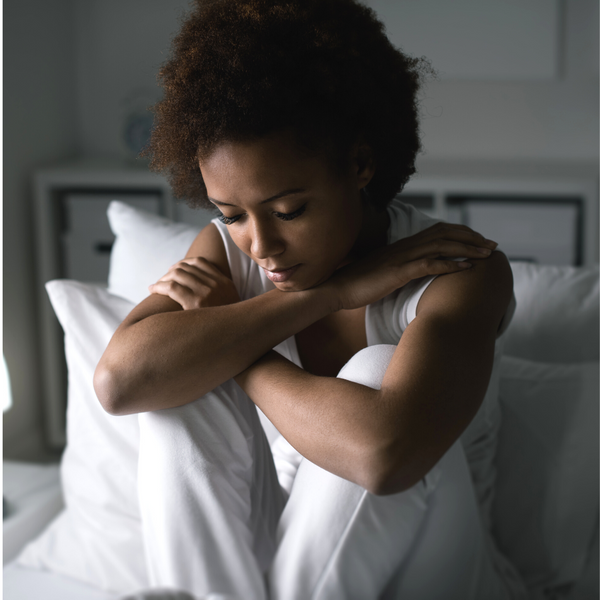In the hustle and bustle of today's fast-paced world, the toll on mental health is undeniable. Anxiety and depression have become increasingly prevalent, affecting individuals across diverse walks of life. Amidst the myriad challenges, it's crucial to recognize the power of proactive steps in nurturing our mental well-being. This blog dives into seven practical and empowering mental health exercises designed to alleviate anxiety and depression. Each exercise offers a unique approach to cultivating a healthier mind, from mindfulness practices to self-reflection techniques.
Figuring out if you're dealing with everyday ups and downs or something more serious like clinical depression can be a bit tricky. We all face challenges – from juggling tasks to hormonal rollercoasters – and these can stir up emotions that might seem like depression and anxiety. But, clinical depression goes beyond the occasional blues. It's like a persistent cloud hanging over you, changing mood, sleep, and appetite and zapping the joy out of things you used to love. While it's normal to feel a bit overwhelmed now and then, if those feelings start taking over your day-to-day life, it might be a sign of something more. Pay attention to how long it sticks around, how intense it feels, and if it's messing with your usual routine. If you're in doubt, it's totally cool to seek professional advice and support.










